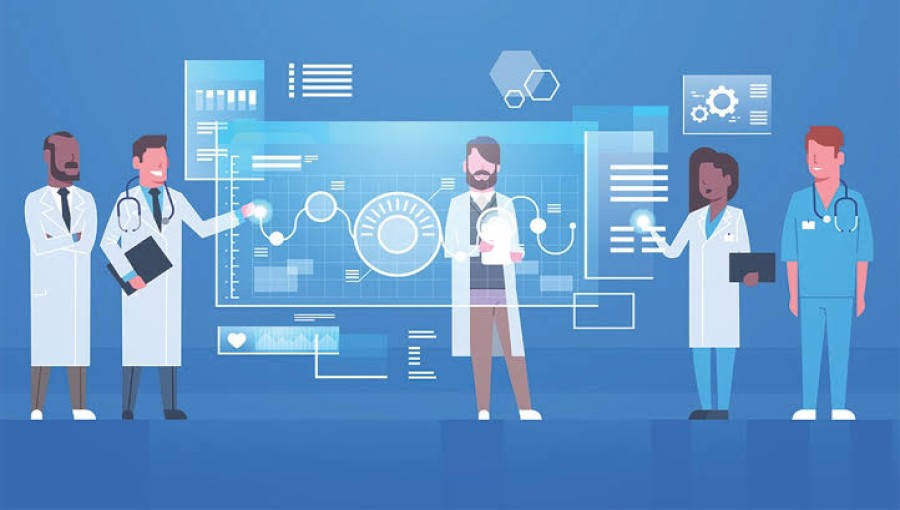Technology is constantly reshaping the world, and its pervasive presence has become an integral part of our daily lives. Among the many sectors benefiting from technological advancements, healthcare stands out, where technology has significantly enhanced the complexity and efficiency of medical care.
One of the most groundbreaking developments in healthcare is the application of artificial intelligence (AI) and information technology. These innovations have revolutionized how diseases are predicted, diagnosed, and treated, offering patients better chances of early intervention and recovery.
For instance, advanced AI algorithms have been developed to analyze thousands of heartbeats, distinguishing normal heart sounds from those indicative of disease. A notable example is the AI-powered stethoscope, known as AI Stetho, which can detect heart disease within just 15 seconds with remarkable accuracy, outperforming human diagnosis. This device is widely used by doctors globally, including in resource-limited settings, although it has yet to be introduced in Bangladesh.
AI's capabilities extend beyond diagnostics. Researchers are leveraging AI's vast potential to innovate and streamline drug development. Traditionally, finding a suitable molecule for clinical testing involved approximately 60,000 experiments. AI reduces this number to around 150, drastically cutting costs and time, which speeds up the availability of new, affordable medications for patients.
The impact of AI in healthcare over the past five years is profound. Its applications range from drug discovery to personalized medicine. AI helps in various health areas, including:
1.Drug Development: Accelerating the discovery and testing of new drugs.
2.Diagnosis: Enhancing the accuracy and speed of disease detection.
3.Health Plan Analysis: Optimizing healthcare plans for better outcomes.
4.Health Monitoring: Using wearable devices and sensors for continuous health tracking.
5.Digital Consultation: Facilitating remote consultations and telemedicine.
6.Surgical Treatment: Assisting in complex surgical procedures with precision.
7.Medical Data Management: Efficiently handling vast amounts of medical data.
8.Personalized Medicine: Tailoring treatments to individual patient profiles.
These advancements underscore AI's transformative potential in healthcare, promising improved patient care, reduced costs, and quicker access to life-saving treatments. As technology continues to evolve, its integration into healthcare will likely deepen, further enhancing medical practices and patient outcomes.































Comment: